We can primarily think of oral hygiene as maintaining clean teeth, protecting against cavity formation, and eliminating bad breath. However, upon broader examination, we can see that inadequate oral hygiene brings various other problems.
- Confidence issues
- Difficulties in work, school, and social life
- Various oral diseases
- Causes that make speaking, eating, and swallowing difficult
- Advanced or untreated infections and cavities affecting overall health
The foundation of maintaining dental health includes regular tooth brushing, flossing, and routine dental visits. However, different preventive measures may be needed for specific age groups and special conditions.
Infancy and Childhood
Early childhood caries or bottle syndrome can be detected with white spots near the gum line. These spots turn brown as the decay progresses. Early treatment is essential to reduce the level of decay. Sugars from milk, juice, or food cause this. Preventive measures can include:
- Limiting bottle feeding to meal times and especially removing the bottle when the baby is falling asleep.
- Wiping the baby’s gums with a clean, soft cloth twice a day before teeth emerge.
- Brushing with a baby toothbrush after teeth emerge.
- Switching to a sippy cup or a straw cup before the age of one.
Various Periods for Women
Women may experience oral and dental health issues due to hormonal changes during certain periods.
The onset begins during puberty with symptoms like gum swelling and redness, and mouth sores.
Oral hygiene is crucial during pregnancy as ongoing gum diseases can pose risks of preterm birth and low birth weight. Increased levels of progesterone and other hormones during pregnancy can lead to gum inflammation. Morning sickness can damage tooth enamel, accelerating decay. Special attention to oral hygiene during pregnancy is essential, and any concerns should be discussed with a dentist.
During menopause and beyond, estrogen deficiency increases the risk of gum diseases.
Old Age
As we age, our teeth also age, and missing teeth become more common. Poorly made dentures and incomplete dental work can cause chewing problems. Certain medications can cause dry mouth, which leads to bad breath, gum diseases, and infections.
Individuals in Care
Elderly individuals in care homes and people of all ages in physical or mental disability care centers depend on caregivers for oral hygiene. Ensuring that dental care is included and not overlooked in these settings is crucial.
Proper Oral Care
If you notice any of the following issues, I recommend scheduling an appointment with your dentist:
- Red, swollen, or bleeding gums
- Sensitivity to hot or cold
- Difficulty chewing
- Persistent bad breath
- Loose teeth
- Toothache
- Abscess
For maintaining dental health and good oral care, you can follow these guidelines:
- Visit your dentist twice a year for cleaning and check-ups.
- Brush your teeth at least twice a day.
- Floss at least once a day.
- Replace your toothbrush every three months.
- Brush your tongue once a day.
- Use mouthwash and rinse solutions to support hygiene.

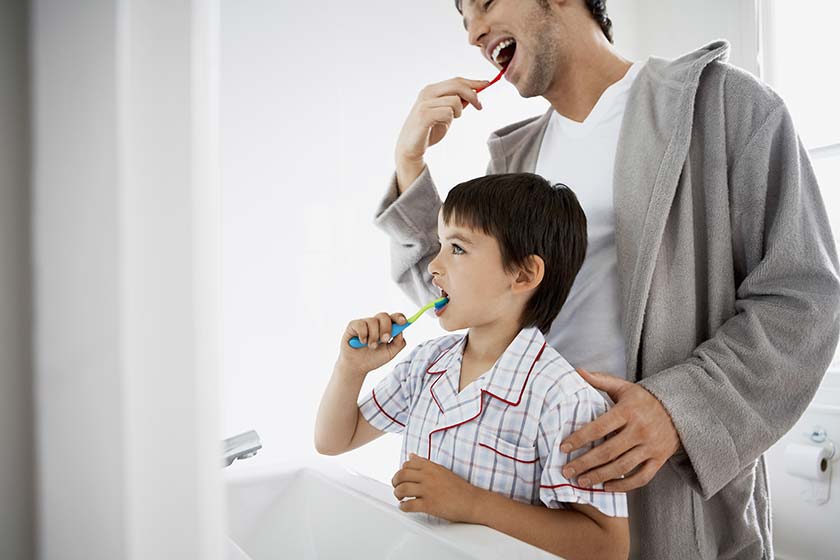
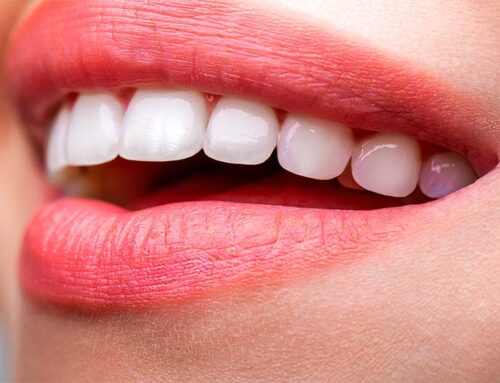
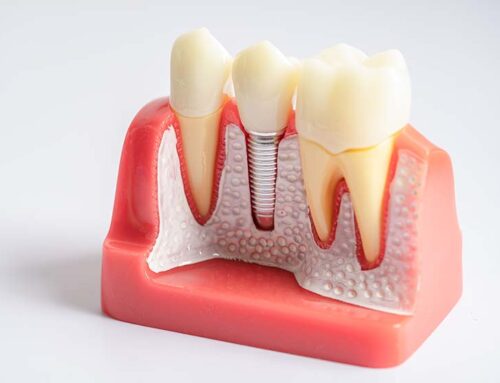
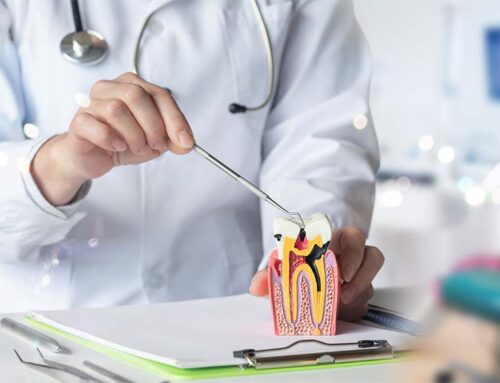
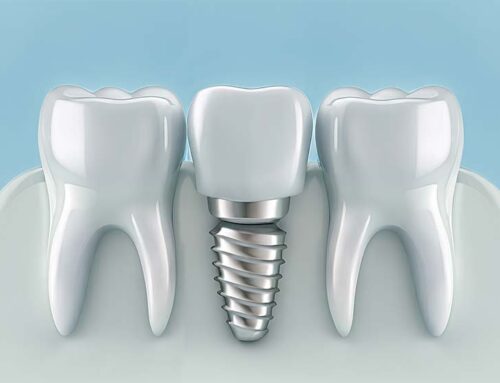
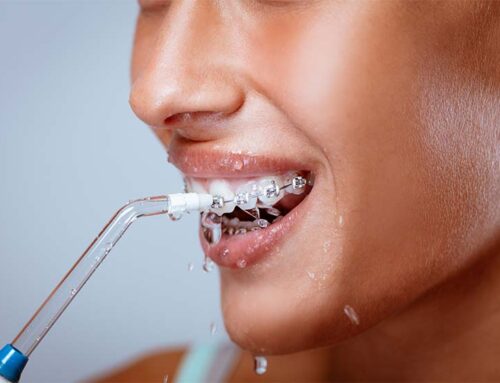
Leave A Comment